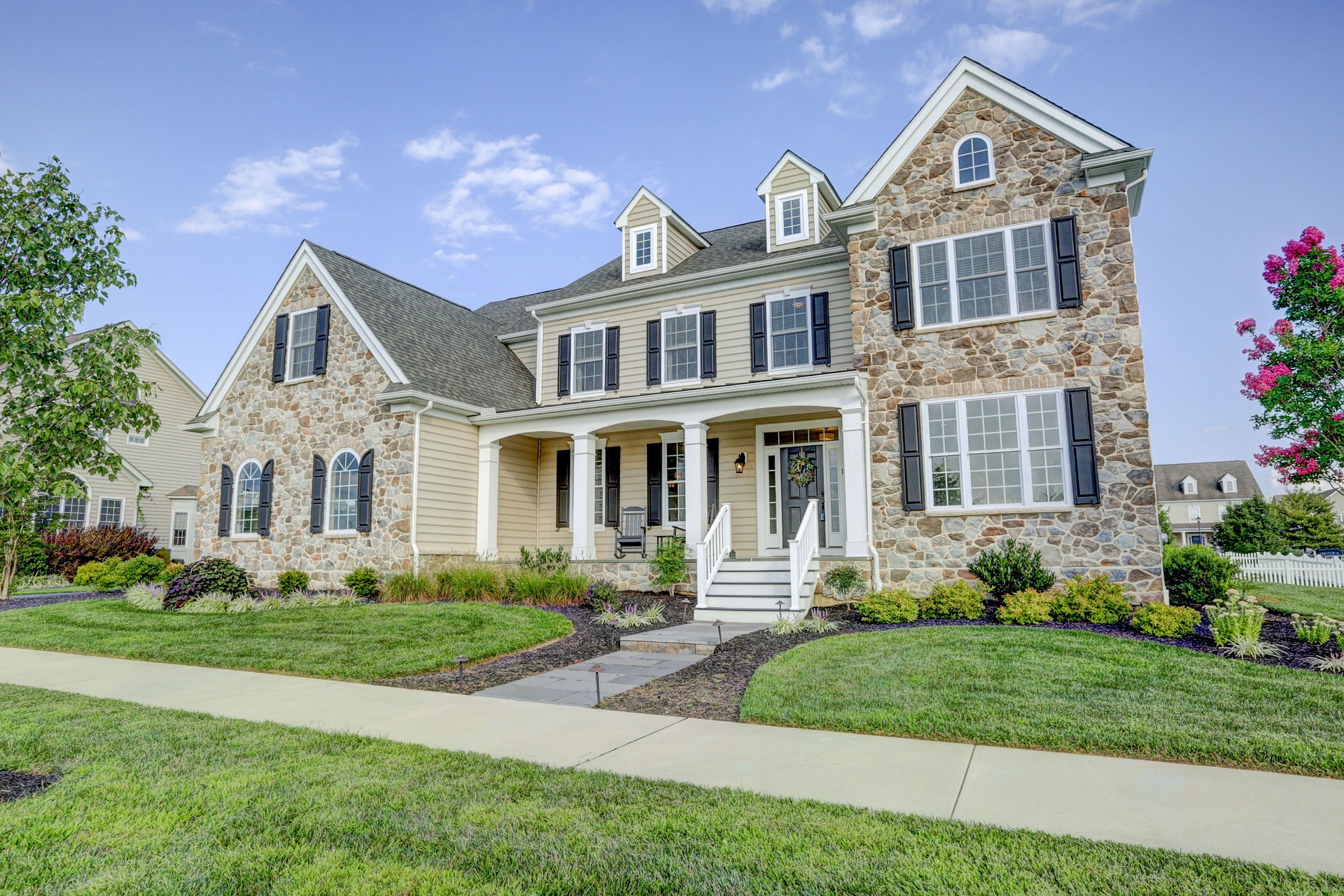Understanding Home Value: Key Factors and How to Increase Your Property's Worth
The concept of home value is crucial in real estate, affecting everything from property taxes to selling prices. Whether you're a homeowner looking to boost your property's worth or a potential buyer trying to make an informed decision, understanding what influences home value is essential. This article explores the key factors that determine a property's worth and provides insights into how you can potentially increase your home's value.

The age and condition of the house significantly impact its value. Newer homes or those that have been well-maintained and updated often have higher values. Features like energy-efficient appliances, modern HVAC systems, and updated kitchens and bathrooms can boost a property’s worth. Additionally, the overall real estate market conditions in your area, including supply and demand, can influence home values on a broader scale.
How is home value determined professionally?
Professional home valuation is typically conducted through an appraisal. An appraiser, usually hired by a lender during the home buying process, will visit the property to assess its condition, features, and compare it to similar homes in the area that have recently sold. They consider factors such as the home’s size, age, condition, location, and any unique features or improvements.
Appraisers also use various methods to determine value, including the sales comparison approach (comparing the home to similar properties that have recently sold), the cost approach (estimating the cost to rebuild the home from scratch), and the income approach (used primarily for investment properties based on potential rental income). The final appraisal report provides an unbiased estimate of the property’s fair market value.
Can homeowners estimate their property’s value themselves?
While a professional appraisal is the most accurate way to determine a home’s value, homeowners can get a rough estimate through several methods. Online home value estimators, often provided by real estate websites, use public data and recent sales to provide a quick estimate. However, these tools may not account for recent improvements or unique features of your home.
Another method is to research comparable sales in your neighborhood. Look for homes similar to yours in size, age, and condition that have sold recently. This can give you a ballpark figure of what your home might be worth in the current market. Keep in mind that these DIY methods are not as accurate as a professional appraisal and should be used as a starting point rather than a definitive value.
What improvements can increase a home’s value?
Certain home improvements can significantly boost a property’s value. Kitchen and bathroom renovations often provide the highest return on investment. Updating these spaces with modern fixtures, energy-efficient appliances, and quality materials can make a big difference. Other valuable improvements include adding square footage through an addition or finishing a basement, upgrading to energy-efficient windows and insulation, and enhancing curb appeal through landscaping and exterior maintenance.
It’s important to note that not all improvements will increase value equally. Some high-end upgrades may not recoup their costs in certain markets. It’s wise to research which improvements are most valued in your specific area before making significant investments.
How do market conditions affect home value?
Real estate market conditions can have a substantial impact on home values. In a seller’s market, where demand exceeds supply, home values tend to rise as buyers compete for limited inventory. Conversely, in a buyer’s market with an oversupply of homes, values may stagnate or even decrease. Economic factors such as interest rates, employment rates, and overall economic health also play a role in shaping market conditions and, consequently, home values.
Local market trends can vary significantly from national trends, so it’s essential to understand the specific conditions in your area. Factors like new development, changes in local employment opportunities, or improvements in community amenities can all influence local property values.
| Improvement | Potential Value Increase | Average Cost | ROI Estimate |
|---|---|---|---|
| Kitchen Remodel | 5-15% | $25,000 - $65,000 | 54-80% |
| Bathroom Remodel | 3-7% | $10,000 - $30,000 | 60-67% |
| Adding a Deck | 2-5% | $15,000 - $20,000 | 65-90% |
| Replacing Windows | 3-5% | $8,000 - $24,000 | 70-78% |
| Landscaping | 5-12% | $3,000 - $15,000 | 100-200% |
Prices, rates, or cost estimates mentioned in this article are based on the latest available information but may change over time. Independent research is advised before making financial decisions.
Understanding home value is crucial for both homeowners and potential buyers. While many factors contribute to a property’s worth, including location, condition, and market trends, there are ways to potentially increase value through strategic improvements. Whether you’re looking to sell or simply want to build equity, staying informed about the elements that influence home value can help you make smart decisions about your property investment. Remember that professional appraisals provide the most accurate assessments, but staying aware of local market conditions and maintaining your property well are key steps in managing and potentially increasing your home’s value over time.






